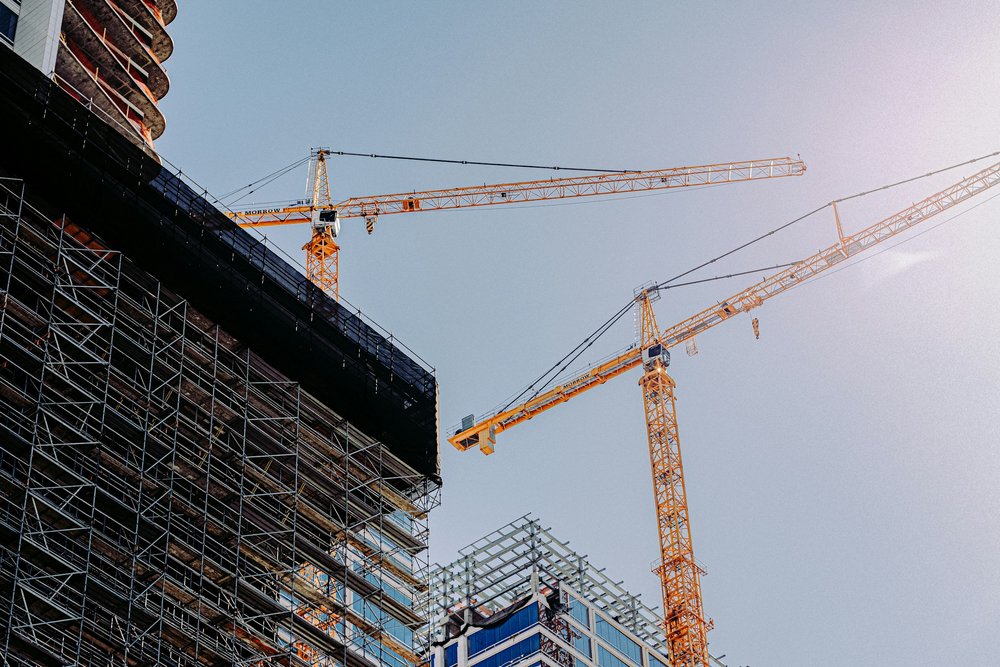In the world of construction, where projects are constantly underway and materials are in constant motion, proper waste management might not always be top of mind. However, overlooking this critical aspect can lead to a range of challenges, from regulatory violations to unnecessary costs and environmental damage. Let’s explore why proper waste management is vital for construction companies and how it can positively impact both projects and the planet.
- Regulatory Compliance: Construction activities generate significant amounts of waste, ranging from concrete rubble to packaging materials. Regulatory bodies impose strict guidelines regarding waste disposal to protect public health and the environment. Failing to adhere to these regulations can result in hefty fines, project delays, and damage to a company’s reputation. Proper waste management ensures compliance with UK regulations.
- Environmental Responsibility: Construction waste has a substantial environmental footprint, with waste generation being a major contributor. Improper disposal of construction waste can pollute soil, waterways, and air, endangering ecosystems and human health. By implementing responsible waste management practices, such as the 5 R’s, construction companies can minimize environmental impact and contribute to conservation efforts. Embracing sustainability not only benefits the planet but also enhances a company’s image as a socially responsible company.
- Cost Efficiency: Waste management is not just an environmental concern; it’s also a financial one. Improper handling and disposal of waste can lead to unnecessary expenses, including landfill fees, transportation costs, and most likely, labour hours. By adopting efficient waste management strategies, such as waste minimization, recycling, and bulk disposal, construction companies can significantly reduce waste-related expenses and improve overall project profitability.
- Worksite Safety: A cluttered and disorganized worksite poses safety hazards for construction workers and subcontractors. Piles of waste materials can obstruct pathways, create tripping hazards, and increase the risk of accidents and injuries. Proper waste management involves keeping worksites clean, organized, and free of debris, promoting a safer working environment for everyone involved. Skip hire is an easy way for construction workers to quickly dispose of waste.
- Enhanced Project Efficiency: Efficient waste management contributes to overall project efficiency by streamlining workflows and reducing downtime. A well-organized waste management plan ensures that waste materials are promptly removed from the site, preventing congestion and delays. This keeps your customers happy, and saves you money through labour hours. For larger projects, hiring a grab lorry is an effective way to handle waste.


In conclusion, proper management of construction waste is vital for companies looking to thrive in today’s competitive landscape. From regulatory compliance and environmental responsibility to cost efficiency and worksite safety, effective waste management impacts every aspect of a construction project. For skip hire, grab lorry hire, aggregates, or site clearance, get in touch today.

